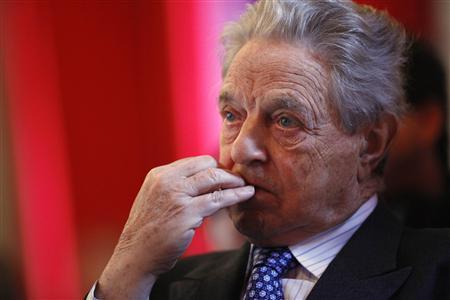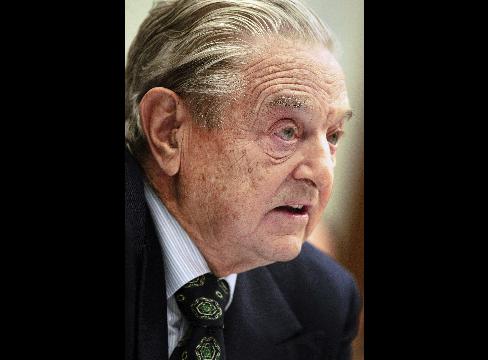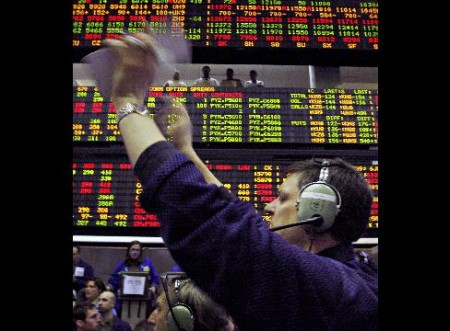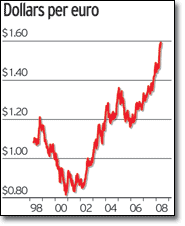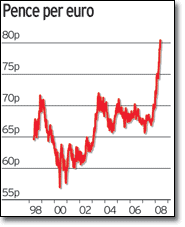The elitists are discussing the most effective ways to kill you.
America’s richest people meet to discuss ways of tackling a ‘disastrous’ environmental, social and industrial threat
SOME of America’s leading billionaires have met secretly to consider how their wealth could be used to slow the growth of the world’s population and speed up improvements in health and education.
The philanthropists who attended a summit convened on the initiative of Bill Gates, the Microsoft co-founder, discussed joining forces to overcome political and religious obstacles to change.
Described as the Good Club by one insider it included David Rockefeller Jr, the patriarch of America’s wealthiest dynasty, Warren Buffett and George Soros, the financiers, Michael Bloomberg, the mayor of New York, and the media moguls Ted Turner and Oprah Winfrey.
Related article: Ted Turner Repeats Call For Population Curb
These members, along with Gates, have given away more than £45 billion since 1996 to causes ranging from health programmes in developing countries to ghetto schools nearer to home.
